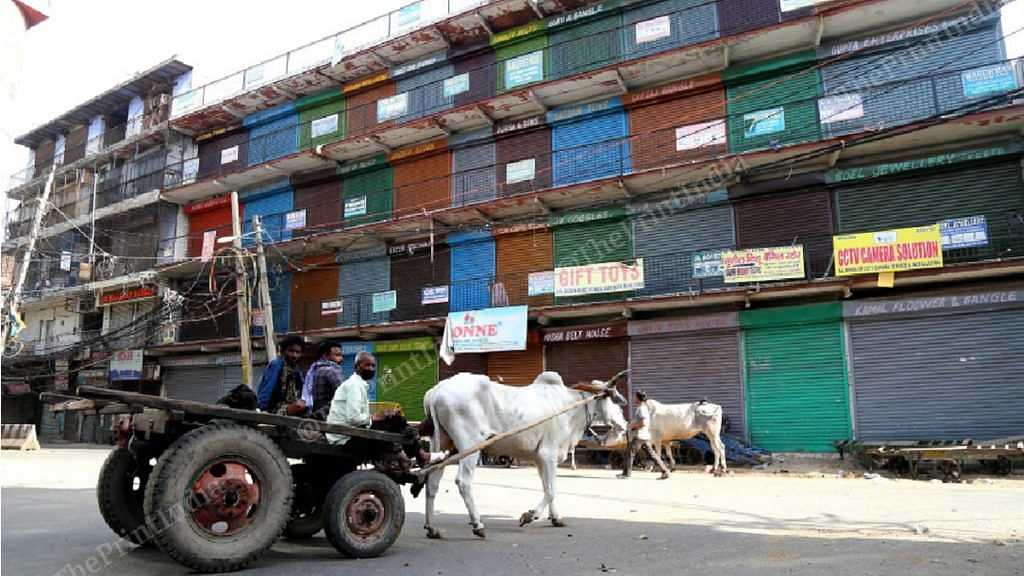New Delhi: A group of about 50 revenue officers have presented ideas to revive the Indian economy post the coronavirus destruction in a document called ‘FORCE’ or ‘Fiscal Options & Response to Covid Epidemic’. While most economies are trying to release more money, bringing in tax incentives, creating job opportunity or slashing interests, the document suggests India do the exact opposite.
The tax policy suggested in the document is similar to India’s policy in the 1970s. That decade was not good for the Indian economy with Dr Manmohan Singh as the economic mind behind some disastrous taxation policies. A sizeable part of salary income was detained at the time in a compulsory deposit scheme, to be released later. The top tax rate also went to 97 per cent from 1974-1977.
These are 1974 ideas that are returning in 2020. The document suggests levying a 55 per cent tax for people earning over Rs 1 crore (this includes cess). It also suggests a wealth tax, which India had removed during the economic reforms of 1991.
Furthermore, it recommends additional taxes for MNCs, a surcharge on inheritance by overseas Indians and additional tax on the gig economy.
Also read: Covid-19 cess, 40% tax for rich – IRS officers offer economy-revival tips to Modi govt
Lenin’s spirit in India
The economic growth in Indira Gandhi’s time was so slow, that Indian economist Raj Krishna termed it as the Hindu rate of growth. Its fundamentals were in socialism and state control, like Vladimir Lenin’s Soviet Union.
The document shows that the spirit of Lenin lives on in Indian bureaucracy. The spirit has ruined many countries before, but it is still finding a voice in India. Extreme circumstances are giving rise to extreme ideas in India.
It is important to have predictability in a tax regime. The Modi government has taken away predictability and moderation in our tax regime.
This document also proposes the opposite of what is needed, by suggesting radical steps in taxation. It suggests lower taxes on truly made in India products. However, all components of any product don’t come from India and it is difficult to say what is truly Indian.
In an address to panchayats in India, Prime Minister Narendra Modi had said we should be self-reliant. For the economy, this doesn’t mean that India should produce everything that it wants to, it means it should be capable of producing whatever it needs. India should be producing products other countries need as well. An example is India information technology sector on which the world is dependent.
Watch the latest episode of CTC here:
